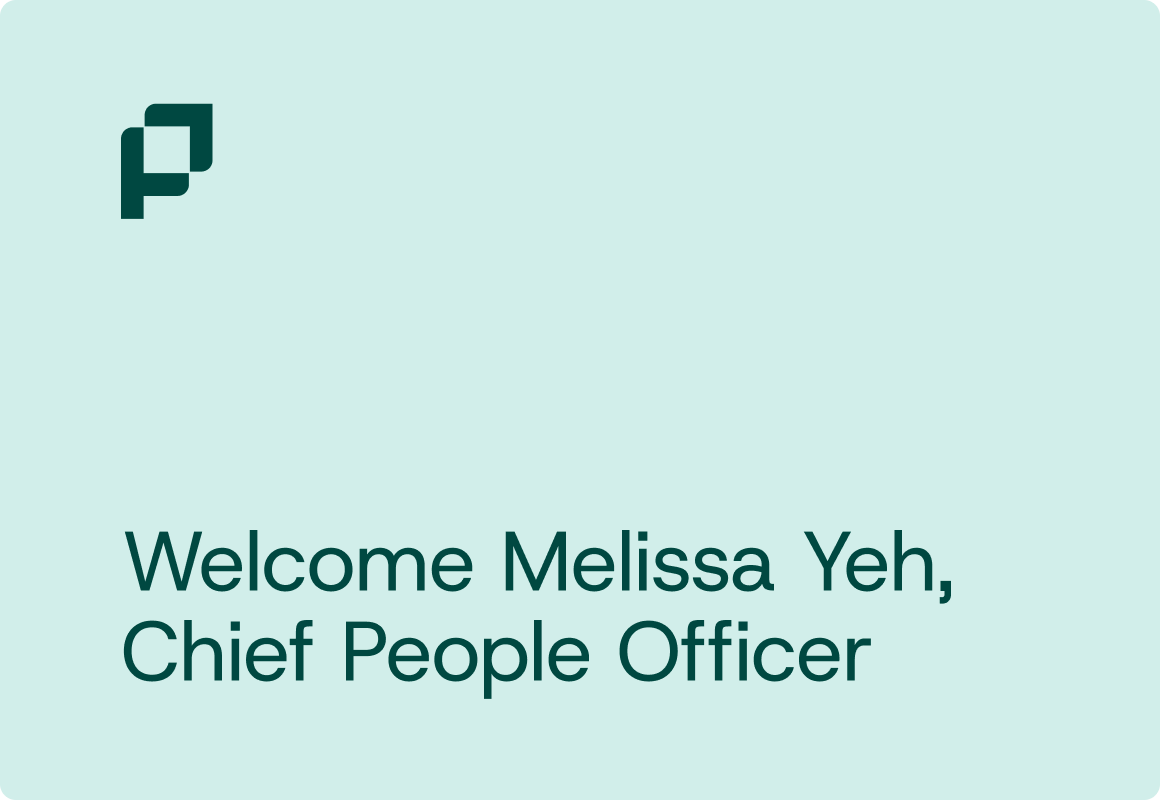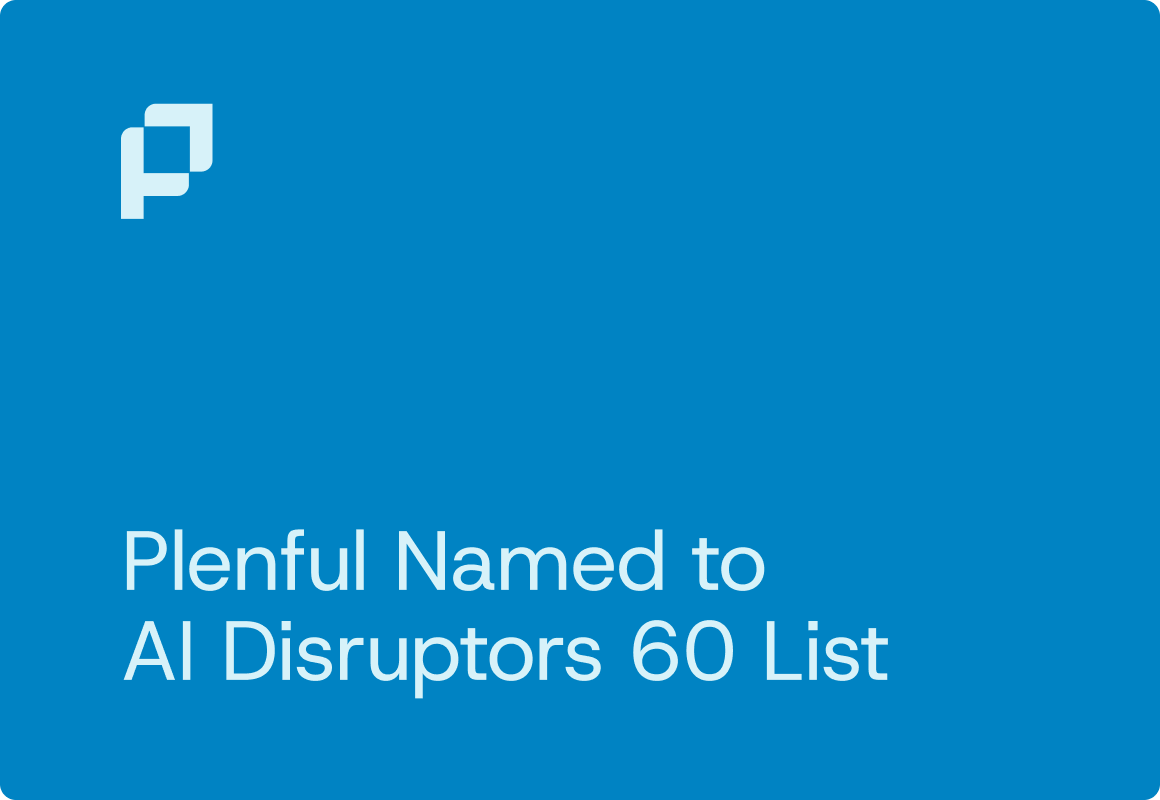Streamlining Healthcare Operations: Comparing RPA and AI-Powered Workflow Automation

Healthcare organizations are increasingly embracing automation software to enhance efficiency and elevate patient care. In this realm, two technologies often compete for prominence: Robotic Process Automation (RPA) and AI-powered workflow automation platforms. While RPAs may be able to handle straightforward, rule-based tasks, AI-powered platforms generally prove more adaptable, efficient, accurate, and scalable due to its ability to handle the variability of data and processes that exist across healthcare.
Flexibility and Adaptability
AI-powered healthcare workflow automation platforms showcase exceptional adaptability, specifically in interpreting a diverse range of data and information. By leveraging machine learning, these platforms accommodate variations in data patterns, a critical capability considering the variability in healthcare data across providers and formats.
On the other hand, RPAs strictly adhere to predefined instructions - lacking the capacity to self-learn or adapt to alterations. Strict rules based engines like RPAs can be extremely fragile to changing workflows, updates in dependent software systems, and unexpected data. In the dynamic healthcare landscape, adaptability provides a distinct advantage.
Enhanced Efficiency and Accuracy
While RPAs may excel in repetitive, rule-based tasks, they lack the ability to make informed decisions based on data analysis. This limitation often leads to suboptimal outcomes.
AI-enabled platforms significantly boost efficiency and accuracy in healthcare processes by automating complex tasks that involve decision-making and analysis. By reducing potential human errors in decision-intensive tasks, it ensures precise and consistent results, ultimately enhancing patient care and optimizing resource utilization.
Security
Working with healthcare data, it is imperative that any technology solution is HIPAA compliant and highly secure. Since RPAs often interact with user interfaces, there's the potential for data leakage if not properly secured. Ensuring that RPAs operate in a controlled, restricted environment with strong encryption measures and connections to secure systems is vital.
AI-powered solutions often offer a more robust security framework due to their data-centric and API focused approach. However, many AI-powered solutions, such as OpenAI’s Chat GPT or Google’s Bard, do not offer built-in HIPAA compliance for healthcare organizations.
When it comes to handling sensitive patient information, opting for a solution like Plenful, which is HIPAA and SOC 2 Type 2 certified, can provide healthcare organizations with peace of mind that their data is secure.
In the quest to streamline healthcare operations, the comparison between RPAs and AI-powered workflow automation, such as Plenful, emphasizes adaptability, efficiency, accuracy, and scalability. While RPAs may be effective in static, and simple tasks, they lack adaptability capabilities. In contrast, Plenful, utilizing advanced algorithms and machine learning, offers unmatched adaptability and handles complex tasks, enhancing efficiency and accuracy. Plenful's scalability also ensures it can handle growing data volumes and processes as healthcare organizations expand, marking it as a promising solution to optimize healthcare operations and improve patient care.
Related blogs

Welcoming Melissa Yeh, Our New Chief People Officer

Pharmacy on the Frontlines: Takeaways from Becker’s Chief Pharmacy Officer Panel

Plenful Named to TechCrunch's AI Disruptors 60 List



